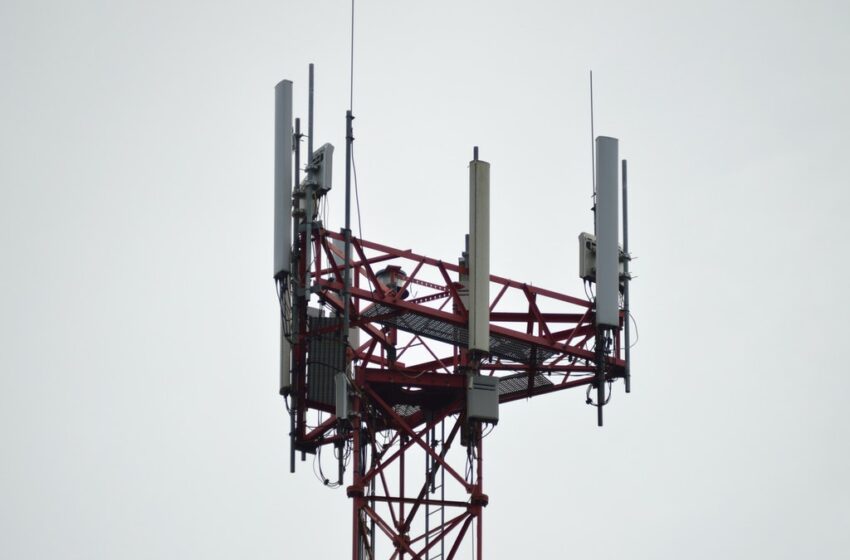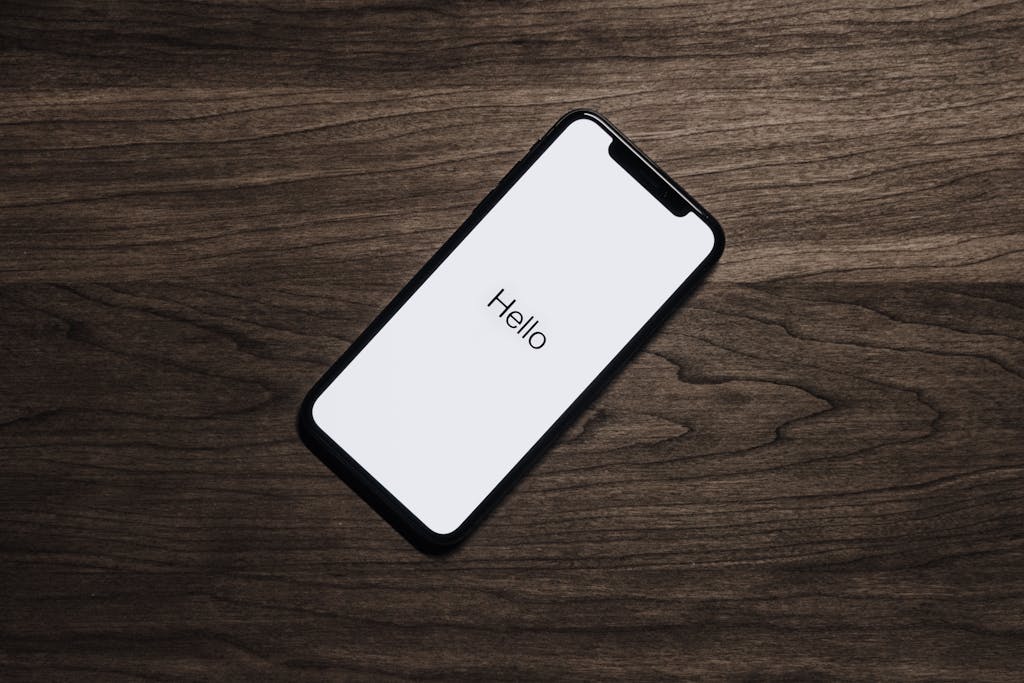
How Fast Should Your Internet Plan Be?
We’re so technologically dependent nowadays that we tend to forget how much our internet speed influences our experience with the rest of the world. We need the Internet for our work, entertainment, socializing, and education. We bank online, we shop online, and now even drive with GPS systems that run via the web through our smartphones. That’s why this article aims to help everyone understand how fast your Internet should be based on how you use it.
What’s Your Internet Usage?
These days, with the increasing adoption of remote working and the proliferation of high-speed internet connections throughout the country, many people consume more bandwidth for their internet connection than ever before. However, some subscribers choose to opt for lower-speed packages if they don’t use the Internet for video conferencing or online gaming tasks. That’s why you must consider your individual bandwidth needs when shopping for an internet plan.
How Many Devices Are Connected?
Another important criterion to look at while choosing an internet provider is the number of devices you have and how many people use those devices. For example, if your household only consists of one or two people, but you have 15 devices (laptops, phones, smart TVs, gaming consoles, smart home gadgets), you will need to choose an internet provider that will be able to accommodate all of these devices.
Music and movies are among the biggest bandwidth hogs, so consider your download habits to give a rough idea of what estimate to use as a guide. For starters, think about the sort of media you generally use online. For example, say that you live alone and like to tweet while watching a movie streamed in 4K on a smartphone. Estimate that you’ll need 35Mbps for uninterrupted playback and another 10Mbps or so to keep up with your Twitter feed. So, a 50Mbps internet package might be close to your ideal usage scenario.
Types of Speed
Cell phone users should consider the difference between upload and download speeds when choosing a data plan. Upload speeds tell you how fast your cell phone can send data to the Internet, while download speeds measure how fast your cell phone can retrieve data from the Internet.
When you’re choosing an Internet provider, it’s important to consider both your download and upload speeds. This is especially true if you work from home, as high upload speeds are necessary when you want to see a video call or send a large attachment via email.





